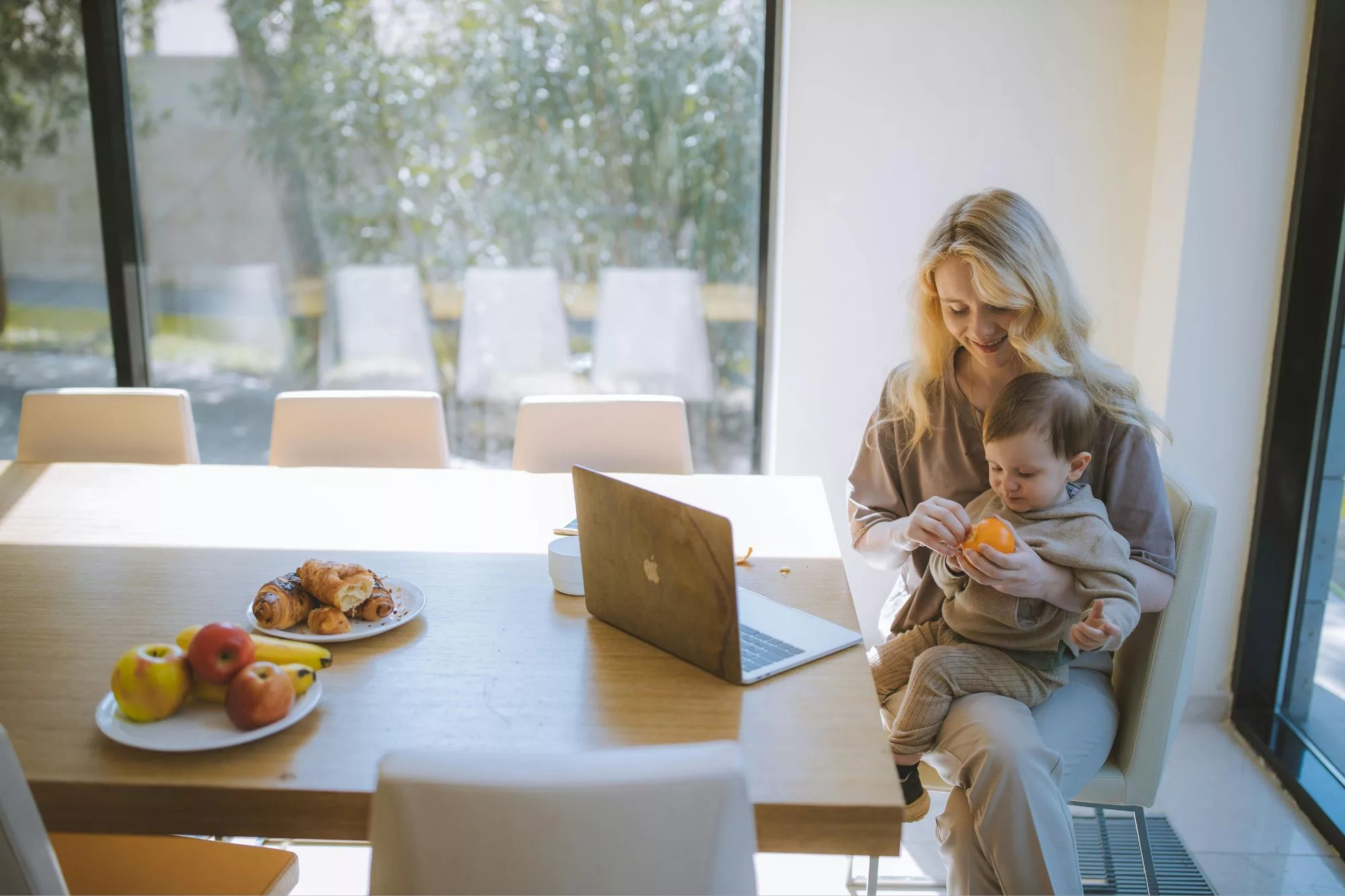Resilience is usually developed over a lifetime – but since 2020, we’ve taken a crash-course in it! We had to deal with a new sense of normal. We had to learn how to work from home, how to homeschool our bambinos, and how to find different ways of spending our time when we could no longer go out and socialise.
By Dr Justine Gatt, UNSW School of Psychology
The upside is when we experience something stressful, it tests our coping mechanisms. So now is your chance to reflect on how you adapted and the resources you called on. Were they effective in dealing with the problem and maintaining your mental health?
How have they boosted your resilience?

Stress and trauma
Stress and trauma aren’t required to build our resilience, but they do ‘help’ the process.
At the start of the pandemic, many of us were given a once-in-a-lifetime opportunity to press PAUSE on our busy lives. To slow down, and have a think about what makes our life meaningful.
We could rethink our personal habits – the time we went to bed, what we ate, whether we exercised, and how we shared our personal time with our friends and family.
With borders open/opening and restrictions easing, we can all try to learn from these lessons.
But easing restrictions also brings new challenges to deal with.
Some people might be feeling increased fear about catching the virus, heightened anxiety about being in public places, or unease about returning to office spaces.
For all these challenges, the best way to be resilient is to be adaptable and have a positive mindset.
When dealing with social anxiety, start with organising more social events in wide open spaces like parks, rather than gathering indoors.
If you have a fear of catching the virus, be more vigilant when going out. This might include using masks (even when it’s not mandatory to do so) or sanitiser and accepting this is our current normal – and that’s OK.
When heading back to work, chat to your boss about how you can optimise the perks from working from home versus the office.

4 ways to improve your wellbeing and resilience
1 // Learn how to manage your stress
Finding healthy ways to cope with stress is crucial to building resilience.
Try to become aware of how your body typically responds to stress.
Do you get sweaty hands, a racing heartbeat, or a dry mouth? Do you become irritable and aggressive?
If you notice a tendency to fall back on negative coping strategies, like excessive drinking or smoking, try to replace these with healthy strategies like running or yoga.
When we become consciously aware of how we react to stress, we create an opportunity to change it.
Other positive strategies could be trying to use humour instead of aggression, or active problem solving instead of denial and self-blame.

2 // Lean in to your skills
Many people have found themselves unemployed or working reduced hours due to COVID-19.
They may need to find work elsewhere – sometimes in a new industry altogether.
To adapt to this changing work climate many people may need to rethink their strengths, talents and interests and ways they can proactively build on them.
What are new skills you could master? Perhaps a hobby can be turned into a new profession?
Engaging in these sorts of activities may take you out of your comfort zone, but they could bring a sense of achievement and fulfilment.
Building on your skillset will also teach you how to manage controllable stressors, which could be useful when experiencing stress once again down the track.

3 // Do what brings you joy
Ask yourself what it means to live a meaningful life. What are your passions? What are the things that truly bring your joy and happiness?
Covid-19 has given you the chance to think about this. Now you need to implement it.
Whether it’s baking cookies, reading a book or going for walks in nature, it’s important to identify those things and implement them regularly into your life.
Finding small ways to boost positivity – like photos, colours, plants and music – can also help to inject joy into homes and workspaces.

4 // Practise self-care and self-worth
To be resilient and optimise our wellbeing, we also need to think about ways to maintain our self-care and self-worth.
This could be areas like sleep, diet, exercise, relaxation and self-compassion.
As we start going back to normal, maintain the great regimes you established when you had more time at home.
It’s also important to reach out to family and friends for social and emotional support.
And don’t forget to be kind to yourself. It’s so easy to beat up on ourselves or take out our frustration on others when stressed.
What we really need to do is show compassion – for ourselves and for others.






